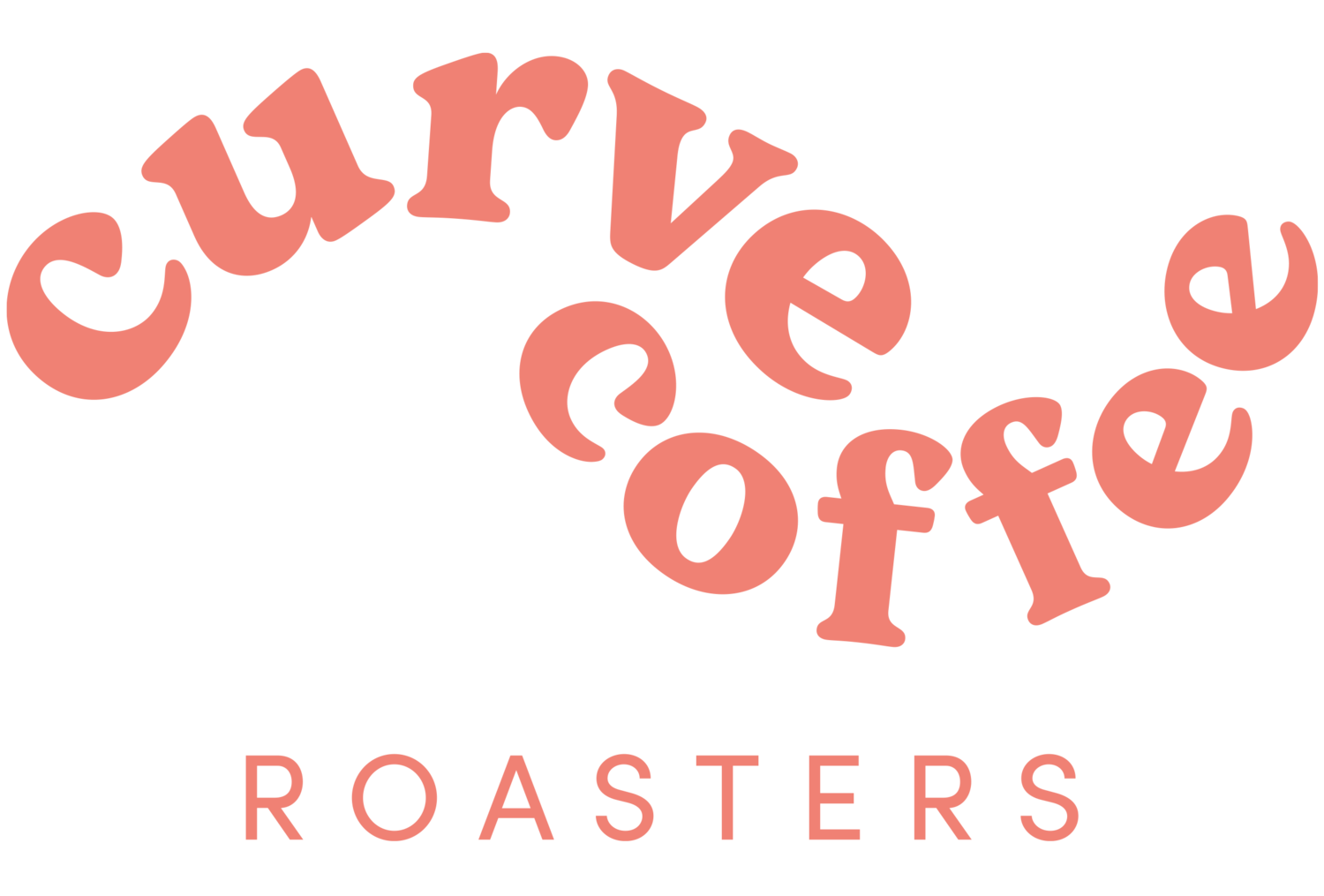Tano Ndogo | Kenya
Key Origin Info:
Producer: Small-holders of the Tano Ndogo growers group founded by the Muuru brothers and their neighbours
Processed at: Tano Ndogo farms
Region: Kiambu
Altitude: 1650 masl
Variety: SL28 & SL34, Ruiru 11
Process: Sorted, de-pulped, fermented and washed, soaked in clean water and dried on raised beds
Exporter: | Importer: Falcon Speciality
Cup profile: Juicy & bright, stewed rhubarb & boiled sweets
More about Tano Ndogo - the small (but mighty!) five:
Tano Ndogo is a farmers group from Gitwe, in Kiambu County. The group is composed of 3 brothers from the Muuru family, plus 2 neighbours from the same village. The name Tano Ndogo means “small five” in Swahili, to represent the 5 founding members - Francis, David, James, John and Joseph.
The Muuru inherited their farms in 2001 when their father passed away and the blocks were split amongst his sons. Joseph, Francis and James have 3.3 acres each. While the neighbours, Gichega Farm and Kariru estate, are of similar sizes, but placed in the north of the same town.
Traditionally, many farmers of this size in the country don't own their own processing equipment. Instead, many deliver and sell cherry to a centralised cooperative-owned ‘Factory’ (washing station), where their production is combined with that of others from their area, processed and separated to various different quality lots. The members of Tano Ndogo however, have their own, small wet-mills where they are able to process their own coffee, ensuring full traceability back to their farm.
During harvest the coffee is handpicked and delivered to wet mill where it is de-pulped and pushed through serpentine washing channels. This initially separates the dense beans from the immature ‘mbuni’s (floaters) using water floatation where the denser beans sink and travel through the channels into the fermentation tank. Coffee is then fermented for 12 to 24 hours in a small tank before being washed in clean water to remove any remaining mucilage. All waste water from the washing process is cleaned to ensure environmental impact is limited. After this the coffee in parchment is slowly dried on raised beds for 11-14 days, then it is packed into sacks and rested in its parchment before being transported to a dry mill where it is screened for defect and milled, and finally graded by size into AA, AB, PB and C lots and prepared for export.
This year we have chosen the AA (largest size) lot from Tano Ndogo. As always, this coffee is full of juice with lots of stewed rhubarb and boiled sweets like sweetness. This one is for the super bright coffee lovers!
As with all our Kenyan offerings, this lot has been sourced with the help of our key importing partner Falcon Speciality. Falcon's approach to sourcing in Kenya is to optimize purchasing through the traditional local auction system with the help of a local representative and make the supply chain more efficient in the short term. The longer term goal is to work more directly with farmers associations and cooperatives and bypass the auction altogether, further improving traceability and value for producers as well as us as roasters.
A little bit of further insight into coffee sourcing in Kenya and its future from our importing partner Falcon Speciality
The vast majority of the coffee bought and sold in Kenya is traded through the national auction system, where marketing agents enter cooperatives' and estates’ coffee and traders come to bid. The main buyers from this auction system are large multinationals, who then offer the lots to importers and roasters. Unfortunately, this has been the only way to purchase Kenyan coffee for a long time and we’ve become frustrated with the lack of transparency, poor service and price volatility. In the last couple of years we have started buying directly from the auction using a local Kenyan company, who bid on the coffee on our behalf, after we have cupped through auction samples filtered by a local cupper. This was not only a conscious decision to support local, Kenyan businesses, but also to make the supply chain more efficient. This is intended to be the first part of a plan to work on the transparency limitations in Kenya and ultimately the goal is to avoid using the auction system at all, by working directly with farmers’ associations, cooperatives and small estates, and not through a marketing agent.


